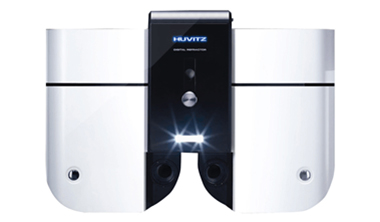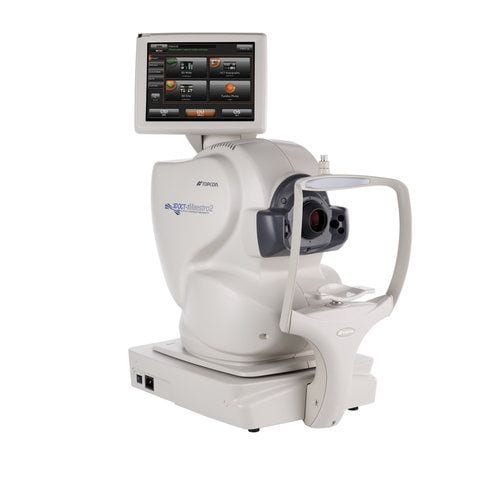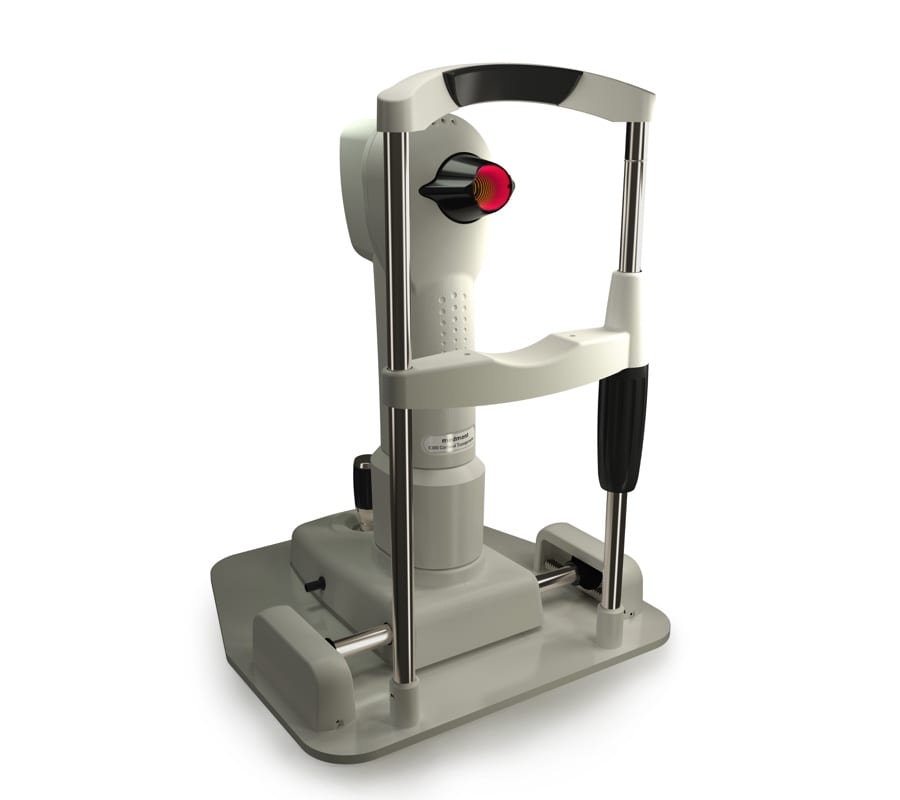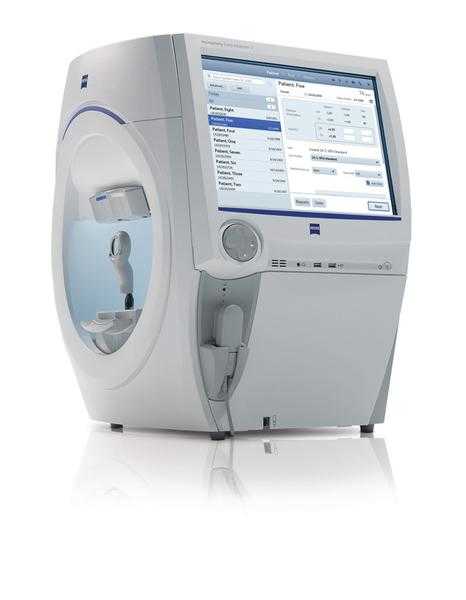- 284 Mud St W, Hamilton, ON L8J 3Z6, Canada
- Mon & Wed (11am – 6pm)
- Tue, Thu, Fri (11am - 7pm)
- Saturday (10am - 4pm)

Getting a routine eye exam is the best way to detect early warning signs of chronic eye conditions and preserve your vision. The leading team of optometrists at I See Eyecare use state-of-the-art equipment and cutting-edge technology during all eye exams, so you can feel confident that your eye health is in capable hands. You can book your eye exam with the online booking feature.


Your cornea is the clear window on the front of your eye, responsible for 70% of its focusing power. A topographer maps the surface curvature of your cornea to determine your corneal health. It’s a powerful tool for the management of myopia control.

A visual field analyzer identifies peripheral vision defects as well as their location. It can also diagnose neurological conditions like glaucoma and strokes.

We are dedicated to going above and beyond in ensuring that you receive the highest quality care available.